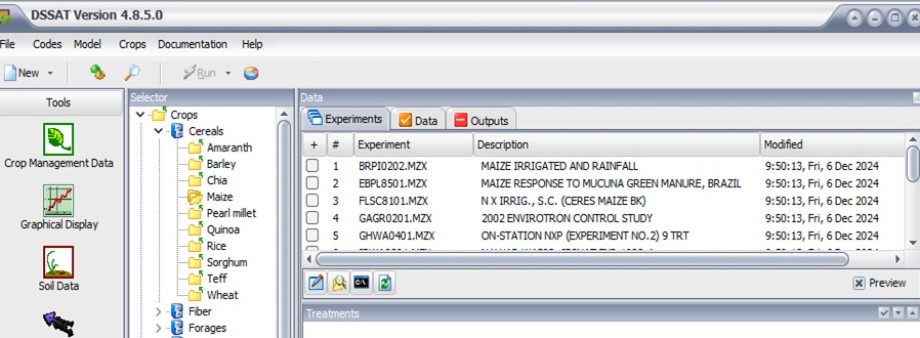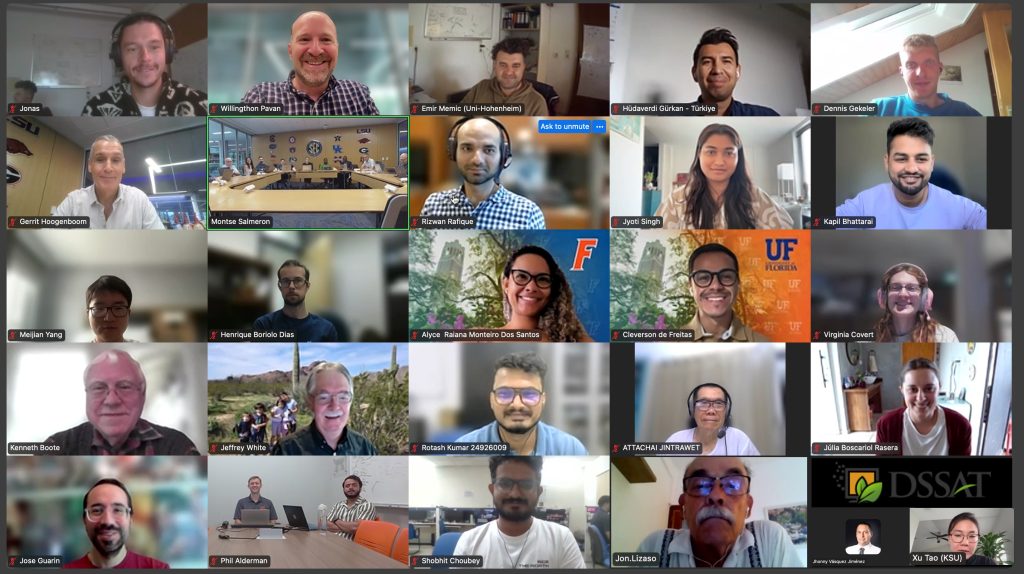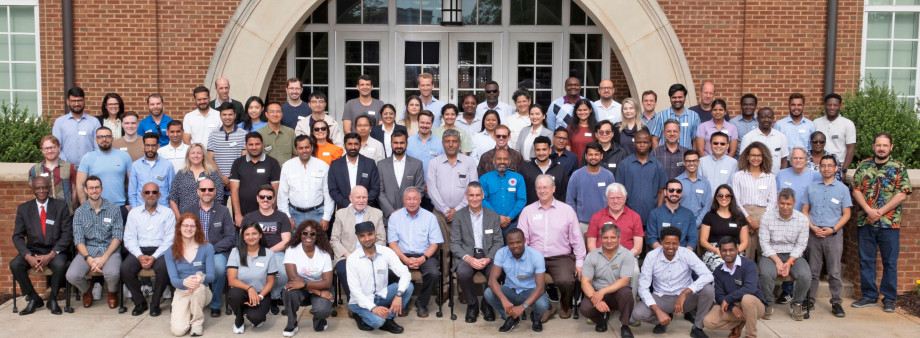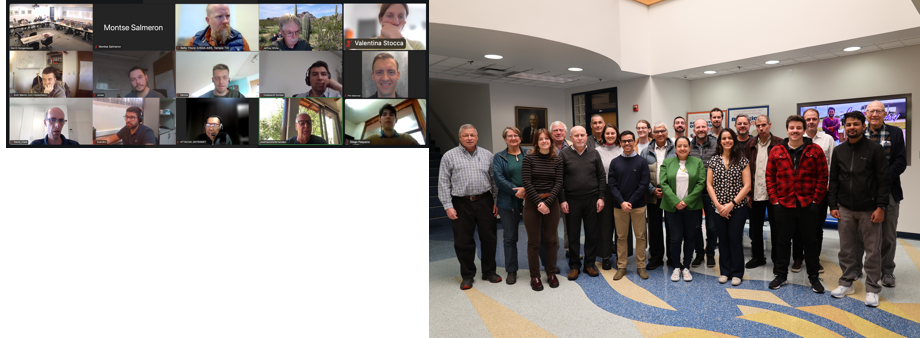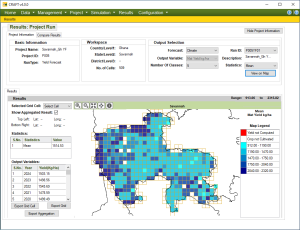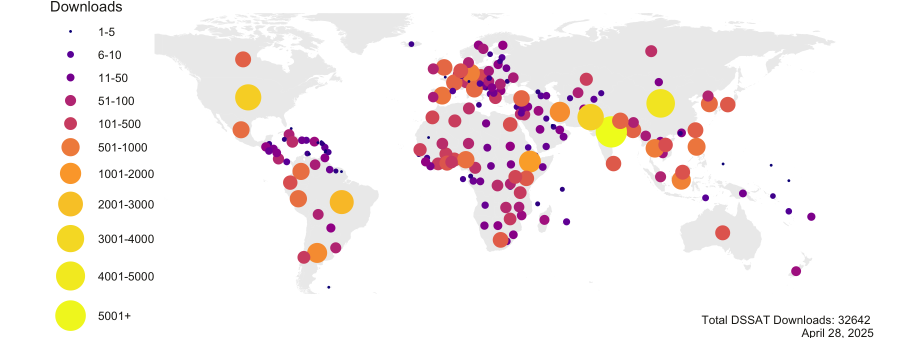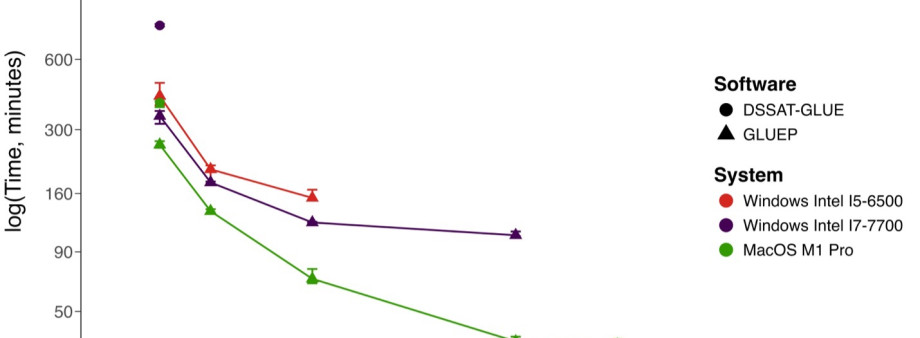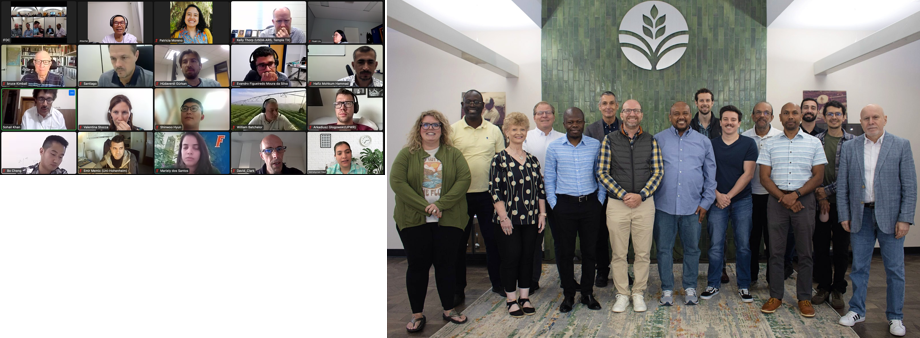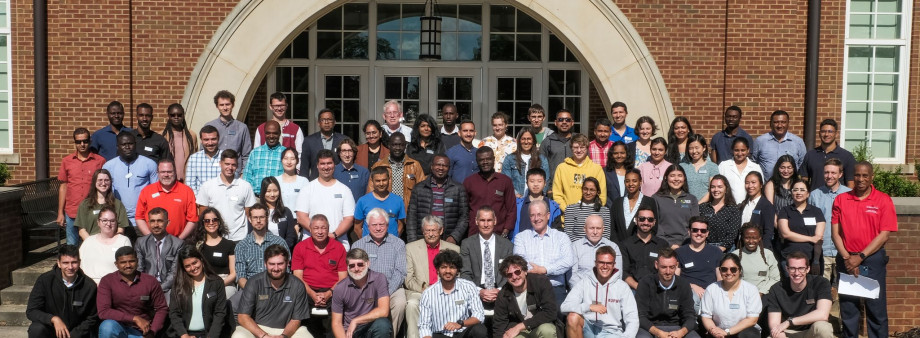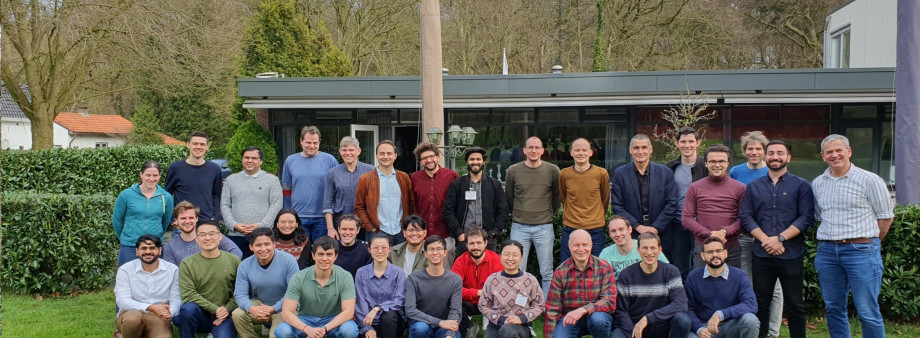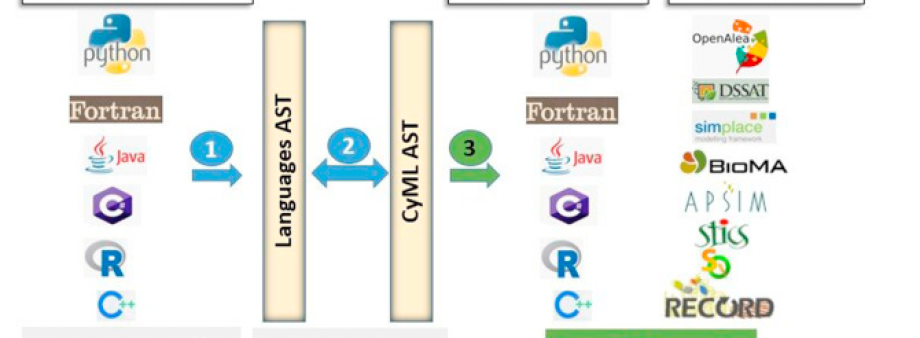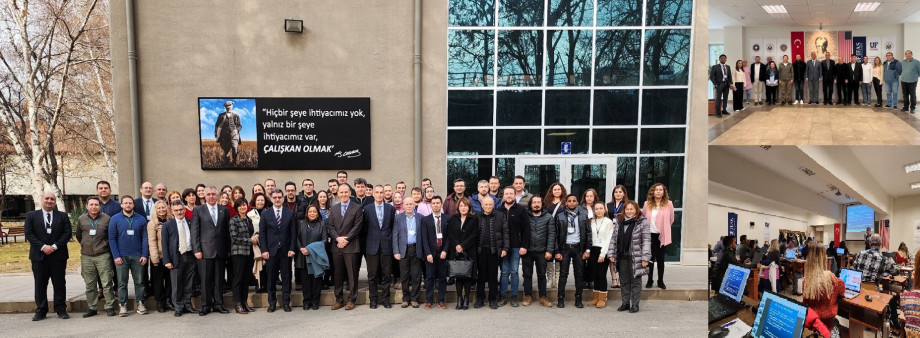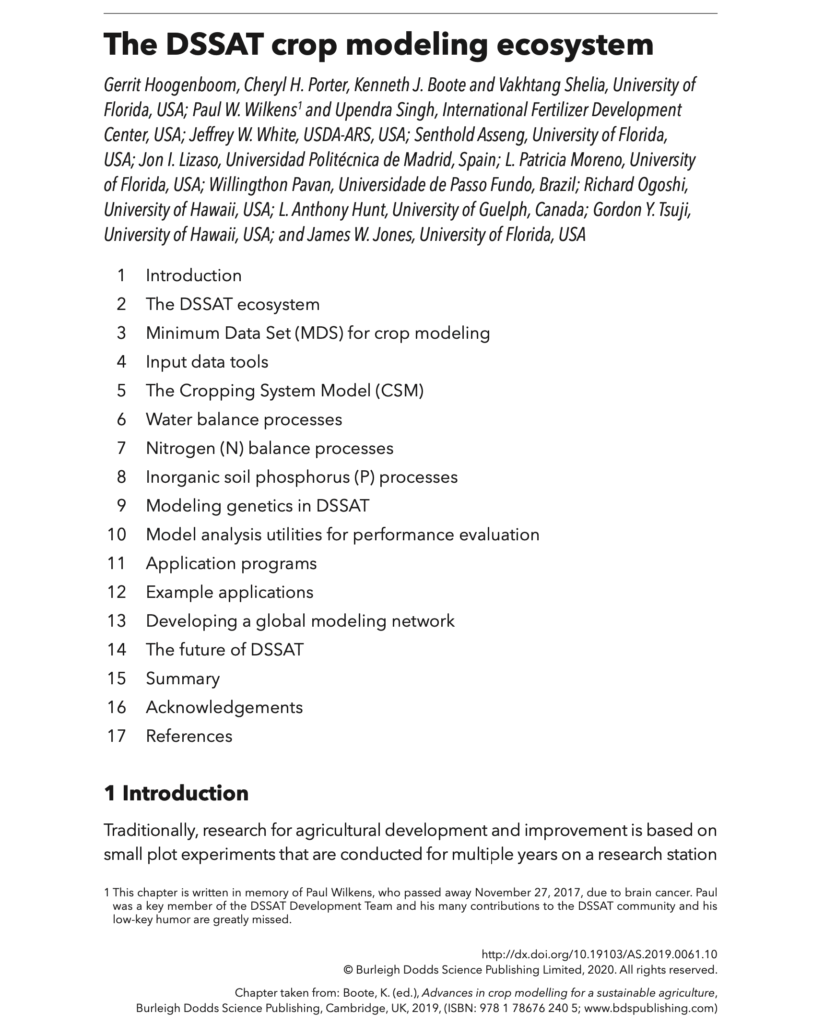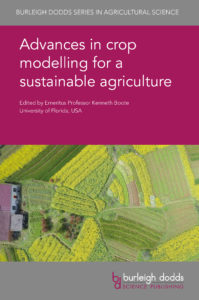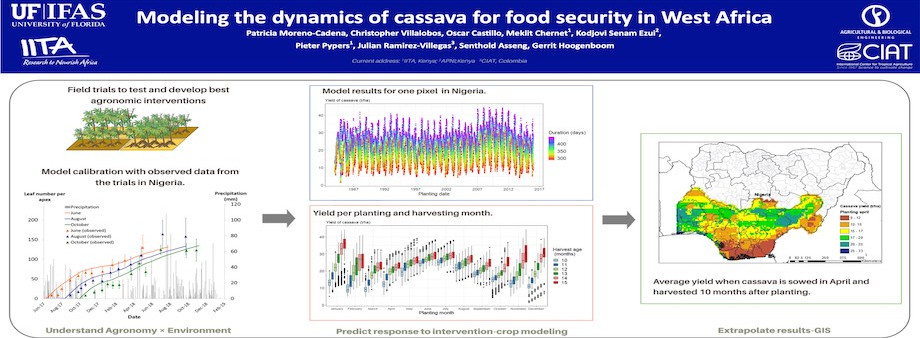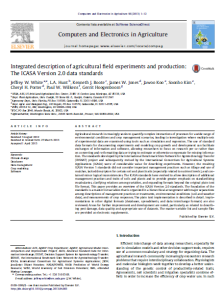New study predicts two popular American foods surprisingly resilient to climate change
Original by Samantha Murray, October 21, 2021. Sam is a senior public relations specialist at UF/IFAS Communications. She loves learning about and communicating science. Supply chains for French fries and pasta sauce are surprisingly resilient to climate change, according to the predictions of a new study.The study’s authors made their predictions using an innovative modeling […]
iCROPM 2020: Crop Modeling for the Future
This Special Issue of The Journal of Agricultural Science is dedicated to the iCROPM 2020 Symposium. It includes six papers that are based on both oral and poster presentations from the symposium, including the final keynote presentation. Read the Editorial:iCROPM 2020: Crop Modeling for the Futureby, Gerrit Hoogenboom, Eric Justes, Christophe Pradal, Marie Launay, Senthold […]
Adapting Crops For Future Climate Conditions
Texas A&M AgriLife study projects the genetic profile that cultivars will need to adapt Original by Kay Ledbetter, October 13, 2021. Kay Ledbetter is an associate editor/senior writer/media relations specialist for Texas A&M AgriLife. She is responsible for writing news releases and feature articles from science-based information generated by the agency across the state, as […]
UF researchers lead effort to streamline, reuse data to help feed the world
Original by Brad Buck, October 7, 2021. A senior public relations specialist for UF/IFAS Communications, Brad is a huge Gator fan. He grew up in Gainesville, loves movies, sports and finding great stories to tell. Data sets are often easy to find but complicated to use because scientists store and use information differently, and they […]
24th Annual Open Forum on Crop Modeling and Decision Support Systems
The DSSAT Foundation will be sponsoring the 24th Annual Open Forum on Crop Modeling and Decision Support Systems during this year’s ASA-CSSA-SSSA 2021 International Annual Meeting. The forum is scheduled for Monday night, November 8, 2021, from 7:30 – 9:00 pm in Room 151 DEF of the Salt Palace Convention Center in Salt Lake City, […]
DSSAT 2021 European Training Course at the Technical University of Munich, Germany
DSSAT 2021 European Training Course at the Technical University of Munich The first DSSAT European Training Course was held from August 30 through September 4, 2021 at the Technical University of Munich. The workshop was hosted by Professor Senthold Asseng, Chair Digital Agriculture and Director of the Hans Eisenmann Forum of the Technical University of […]
Agricultural Research Data Network Increases Access to Historical Crop Data
Original by Susan McCarthy, National Agricultural Library, Ming Chan, National Agricultural Library, and Cheryl Porter, University of Florida in Research and Science Sep 08, 2021. Crop researchers are hungry for data to feed their crop models. There is a wealth of historical data that’s inaccessible because today’s crop model software applications cannot easily interpret it. USDA’s […]

